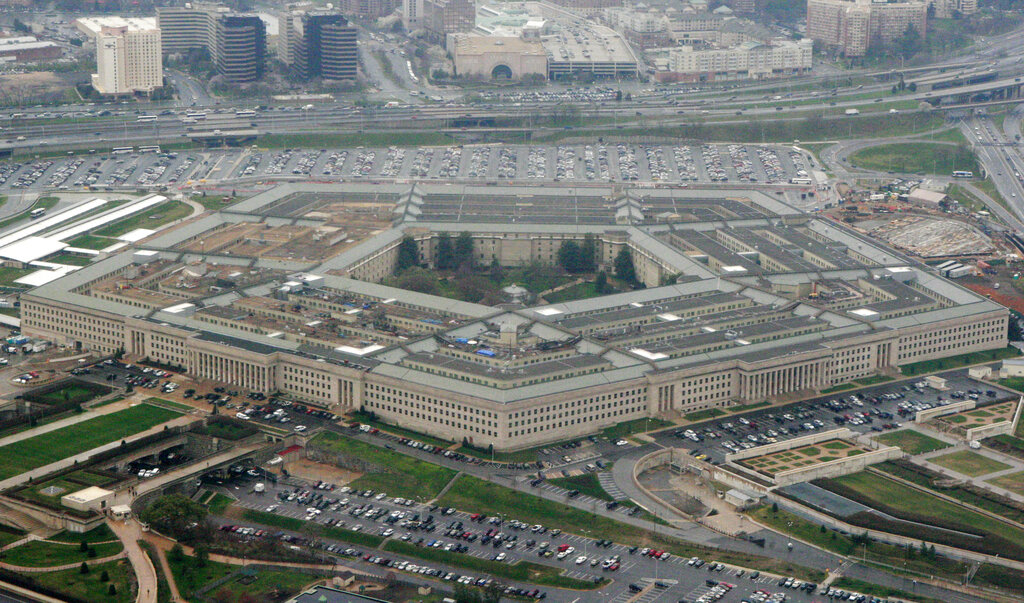More than a half-million refugees have fled Ukraine as the Russian invasion has swiftly engulfed the country. It is the first major war on the European continent in nearly eight decades, and military analysts are concerned how far Vladimir Putin is going to carry the invasion. As reported on AFN, the Baltic states of Lithuania, Latvia, and Estonia – all part of the former Soviet Union – are possible targets.
A senior fellow for national security at the Family Research Council says it's time for America's NATO allies to seriously beef up their defenses.

"I think that they have to," says Bob Maginnis. "NATO is really a shadow of what it used to be. The Germans don't have a lot of offensive capability any longer; I know that for a fact. The French have better, but not as much as they used to have either.
"So, all the nations of NATO – especially those on the cusp of Russia – have been asking for more weapons, more sophisticated weapons, and [asking for them] sooner than we've been able to deliver."
Maginnis says Putin is "looking for a greater Russia empire," and suggests the Russian leader could even be eyeing former Eastern Bloc countries like Poland, Hungary, and Bulgaria.
"I think anyone that was part of the Warsaw Pact is vulnerable – [but] it depends on how much resistance we put up," Maginnis tells AFN. "What's it going to cost him? If he makes that calculation that what does he have to lose and what does he have to gain and it comes out that he has more to gain by moving west, then there's a good chance he will do that."
Putin's actions unify Europe
What Maginnis says NATO must do may indeed be happening. The Associated Press reports that the leaders of at least two member nations – Germany and Hungary – over the weekend changed their tune.
On Sunday, Chancellor Olaf Scholz announced that Germany would commit 100 billion euros ($113 billion) to a special fund for its armed forces and raise defense spending above 2% "from now on, year for year." Scholz also has done an about-face on Germany's refusal to export weapons to conflict zones, pledging to send anti-tank weapons and surface-to-air missiles to Ukraine.
And Hungarian Prime Minister Viktor Orban – often seen as an autocrat leader much like Putin, as well as a friend of the Russian leader – fell in line as much as the other EU nations when it came to sanctions.
As AP puts it, Putin has achieved in days what remained out of the grasp of the western European nations for many years and decades. The 27-nation European Union agreed to jointly buy and send weapons to a war zone and restored trans-Atlantic unity.







